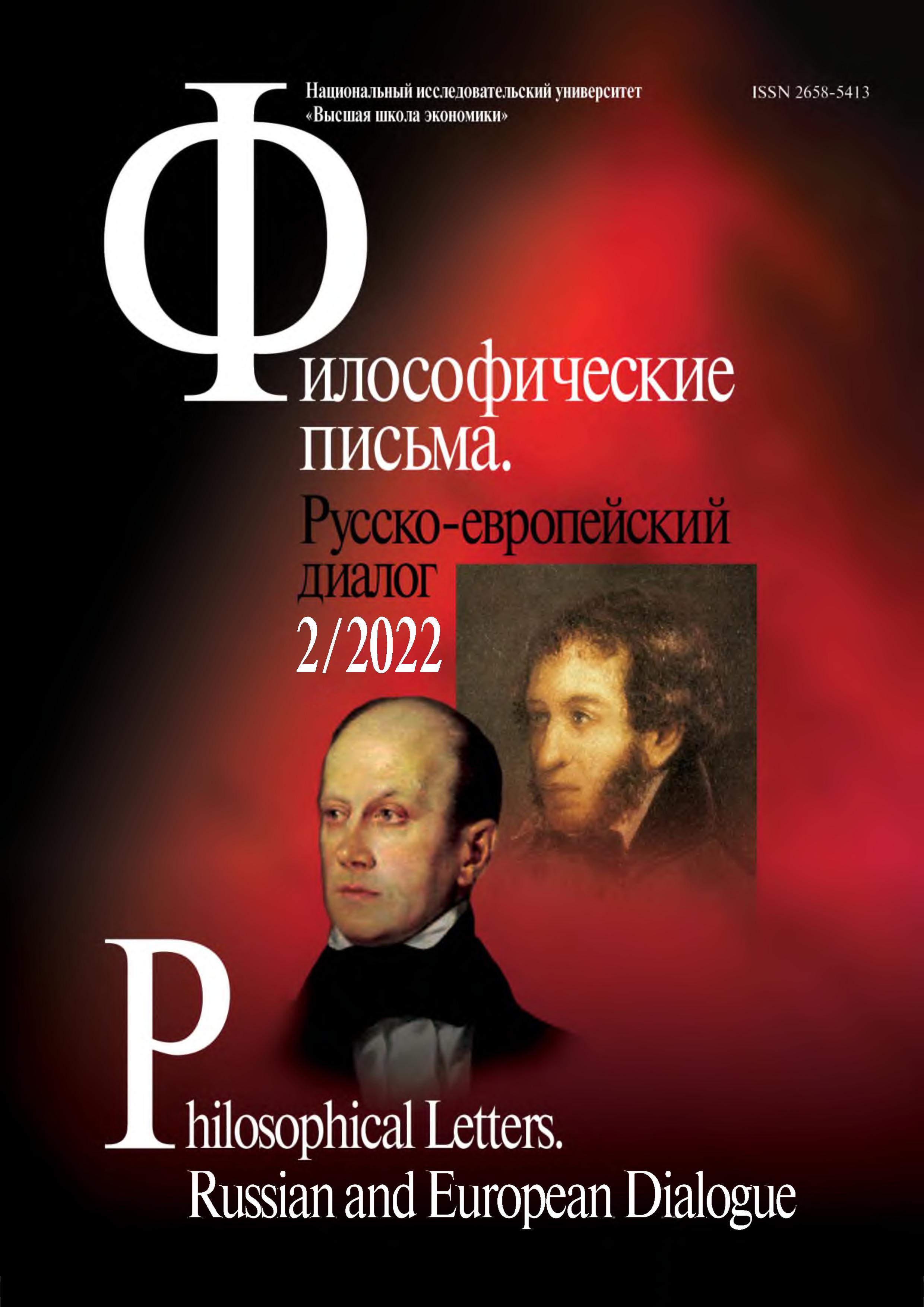Gay Science: Philosophy and Nabokov
Abstract
This article attempts to analyze Vladimir Nabokov’s relationships with philosophy. He can hardly be called a philosopher although he was attracted by certain philosophical ideas, and this found its refl ection in his works in one way or another. Nabokov’s world view was to a degree consonant with the teachings of such philosophers as Hegel, Kant, Pascal and Bergson. Besides, his works demonstrate his closeness to some ideas of Tyutchev and Dostoevsky. The author centres on the issues that occupied Nabokov most of all — the issues of consciousness, Time, death, otherworld and Truth mixed with the presence of death and madness. The cosmic synchronization and the theory of mimicry are mentioned here as Nabokov’s own philosophical innovations. The author devotes special attention to the images of philosophers in Nabokov’s writings: these are both fi ctional characters (Pierre Delaland, Adam Krug, Van Veen) and real ones (Chernyshevsky). Also, there are numerous characters inclined to philosophizing. And the main thing to say about Nabokov’s attitude to philosophy is that for him philosophy was primarily a Gay Science (to use Nietzsche’s expression)

